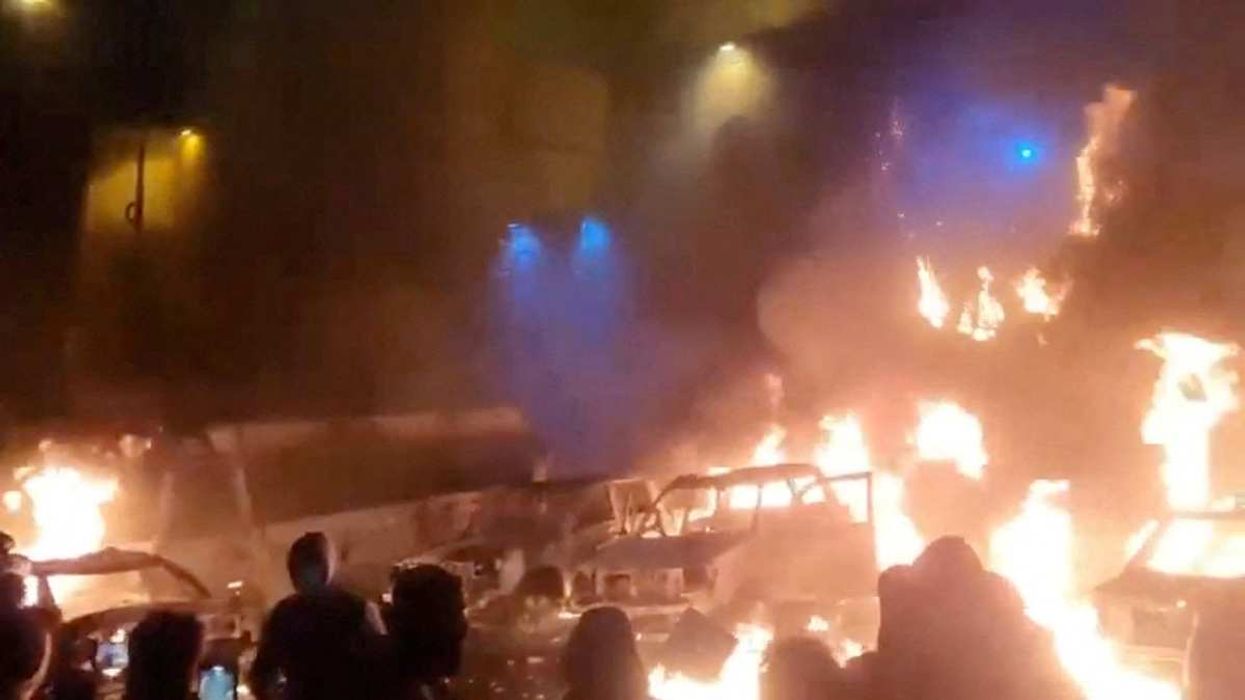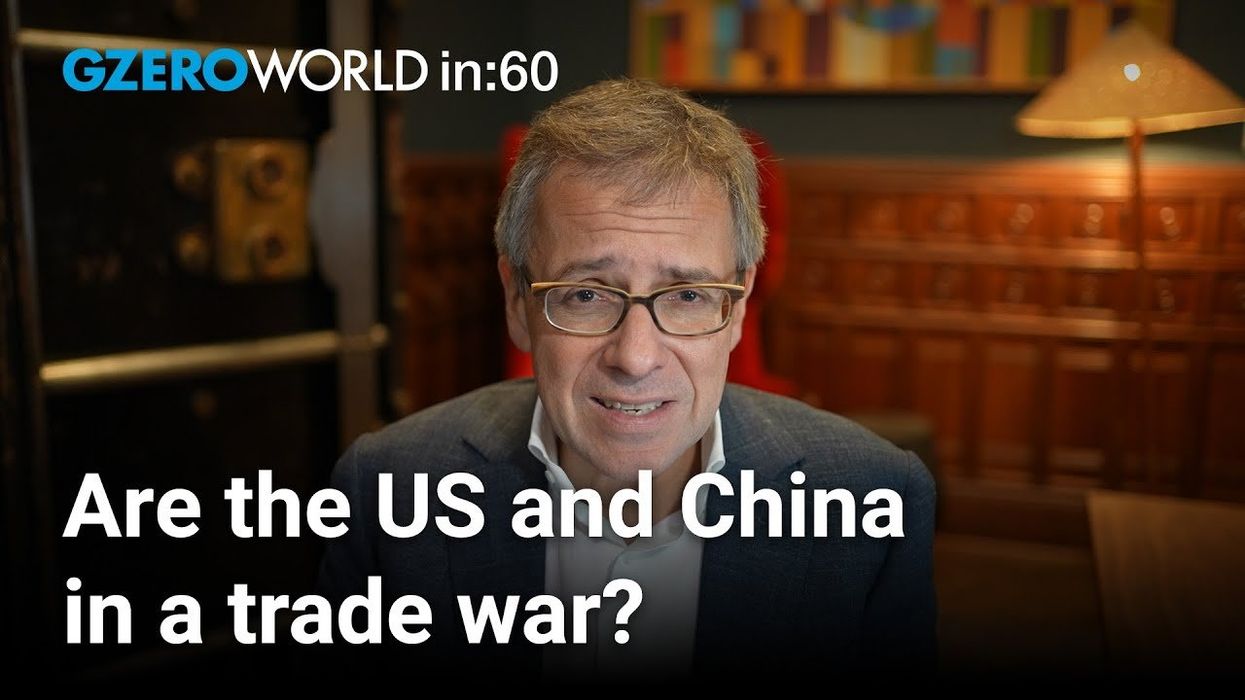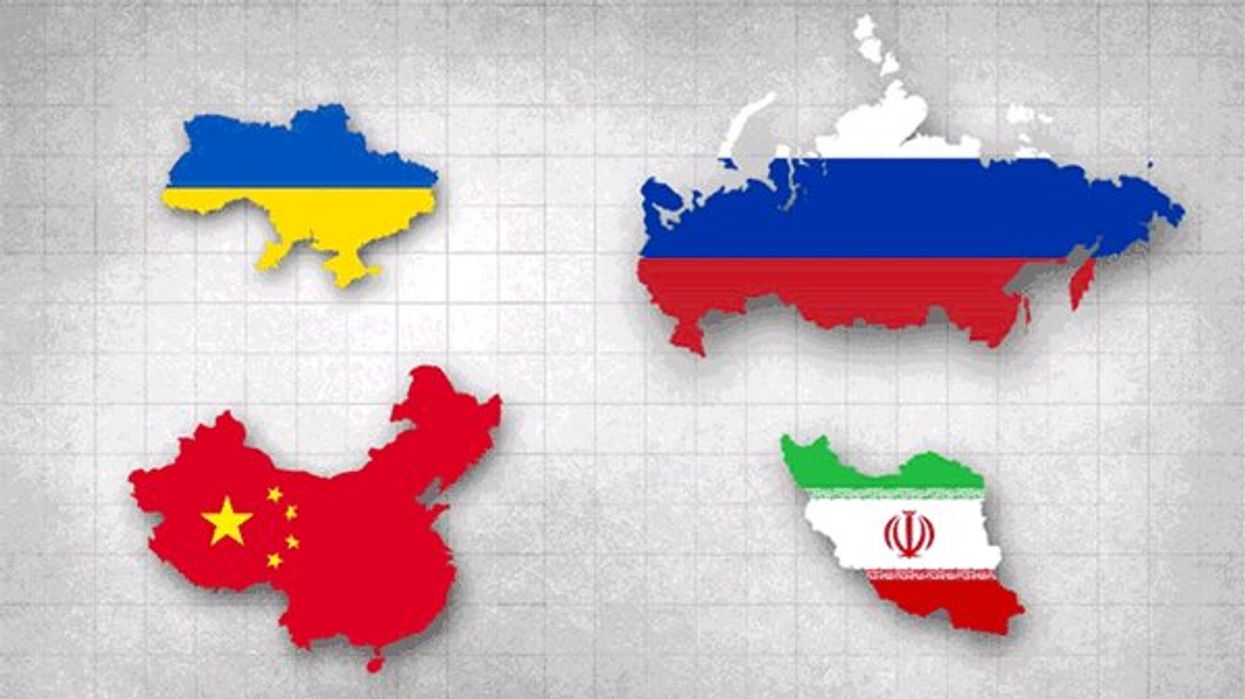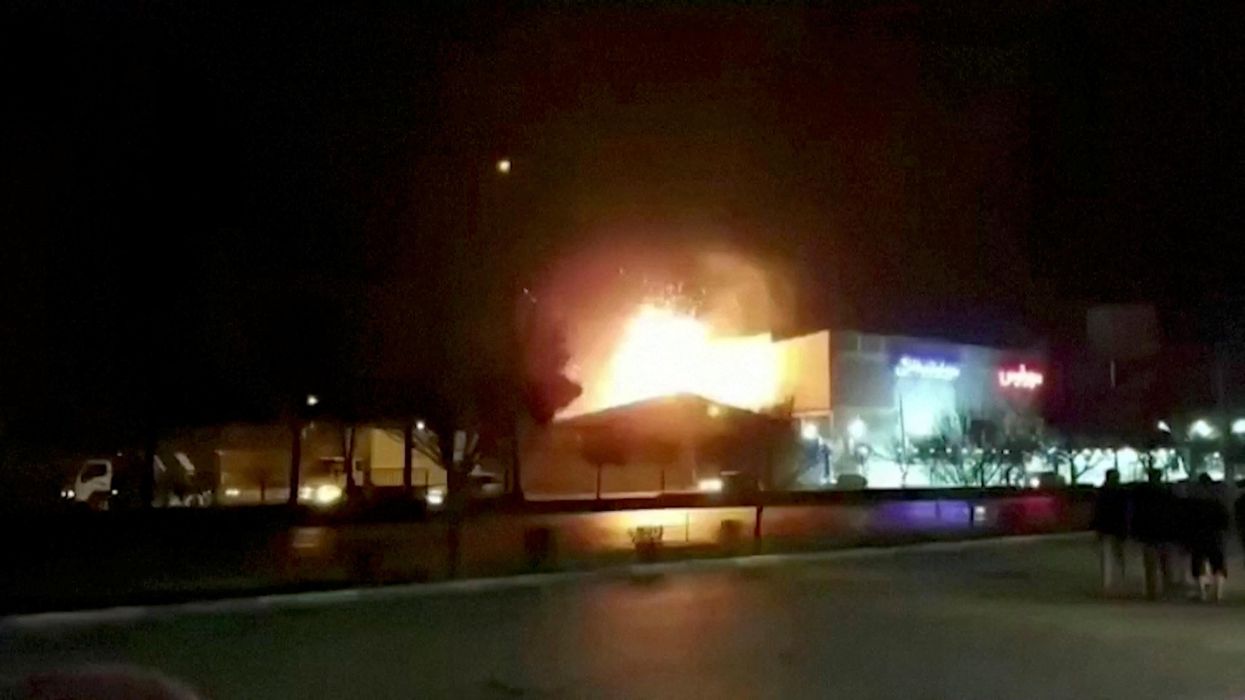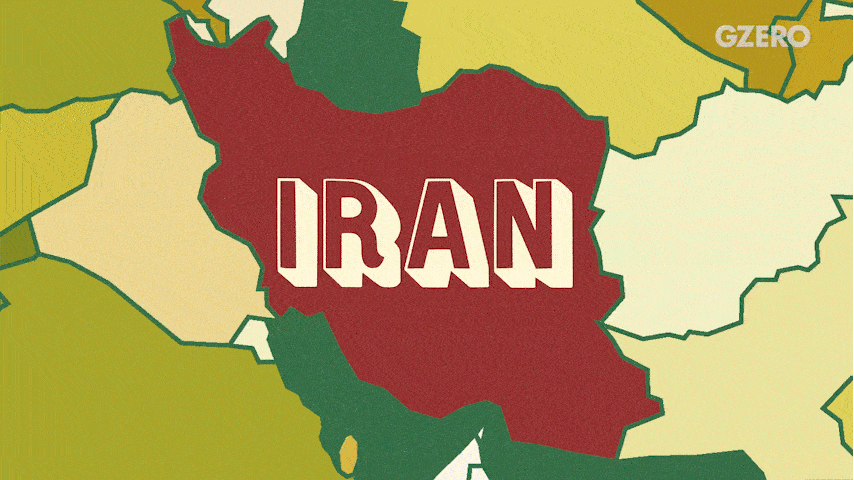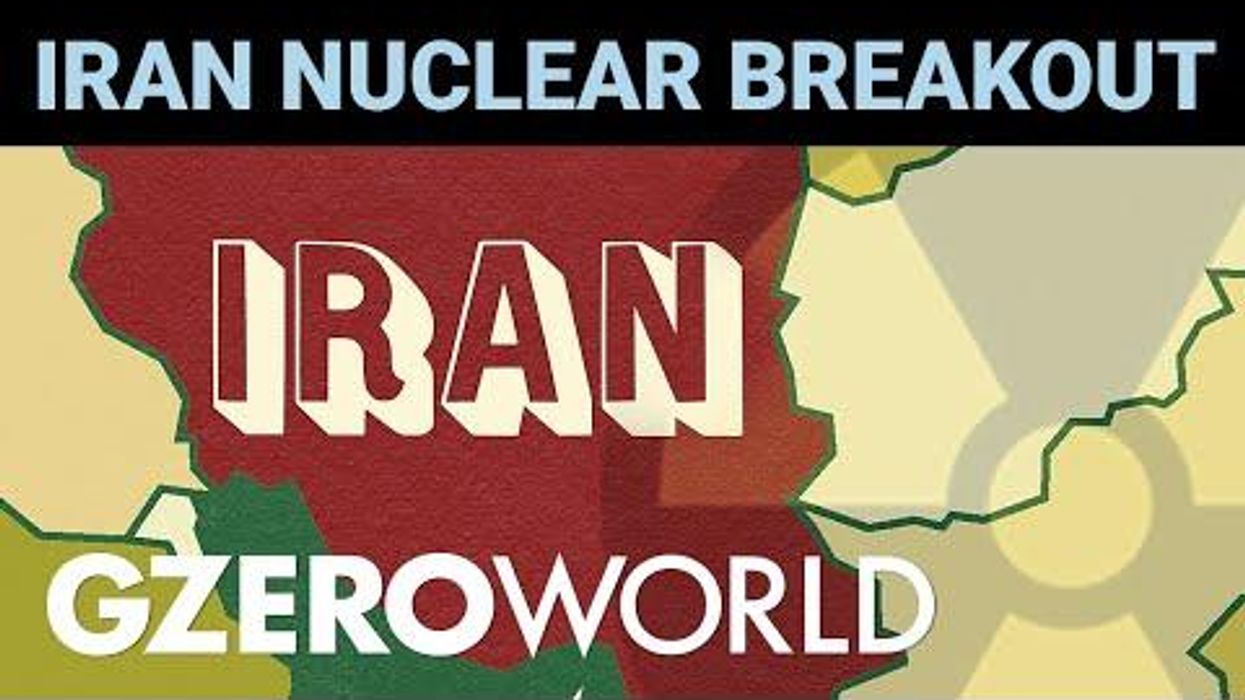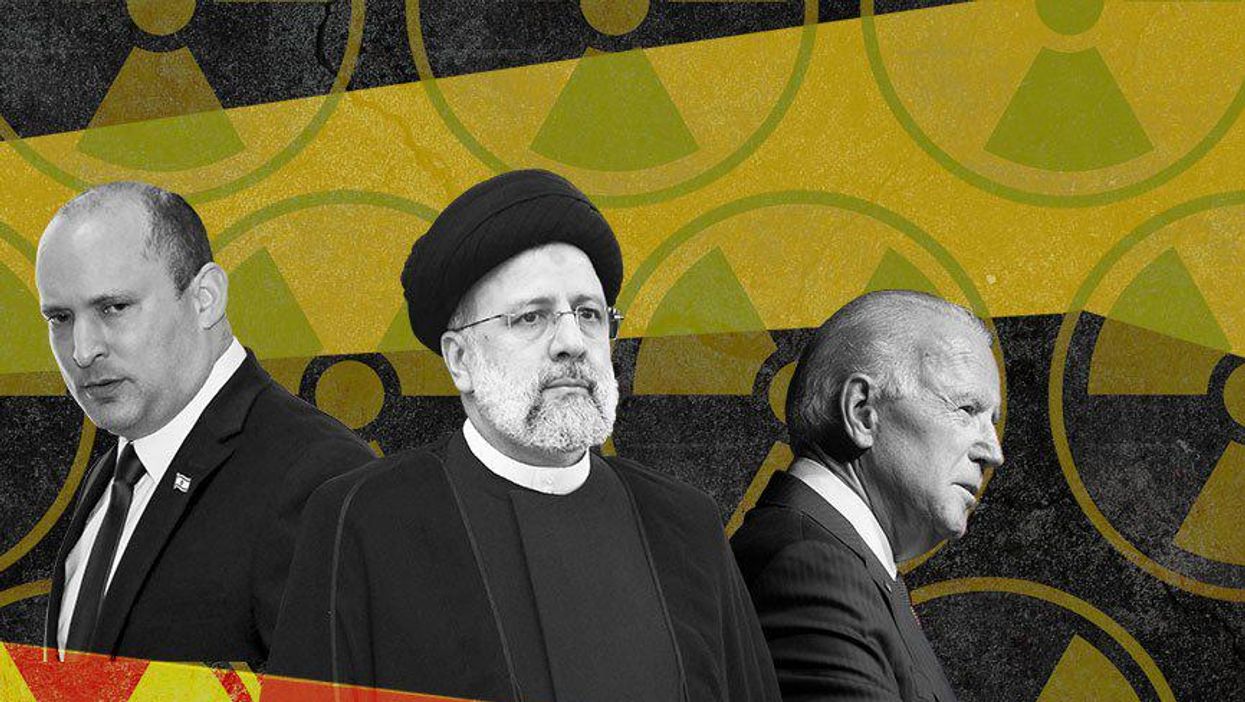Analysis
Rising protests test Iran’s regime
When the protests began 12 days ago, the focus was on Iran’s dire economic conditions. Anger at the Islamic Republic itself is exacerbating them, and raising questions about the regime’s long-term legitimacy.
Jan 09, 2026
